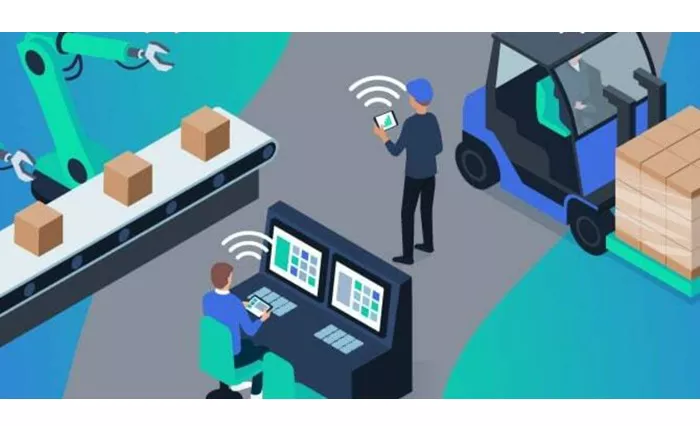John Clemons, Manufacturing Execution Systems (MES) consultant at Rockwell Automation, emphasized the vital connection between informed workers and operational success during his ROKLive presentation. Drawing parallels to airline pilots, Clemons noted that manufacturing workers similarly need proper tools, training, and motivation to effectively “fly” multi-million-dollar production facilities. As plants grow more complex, MES solutions have become essential for connecting personnel to real-time operational data.
From Shop Floor to Enterprise: MES Evolution
Clemons, with decades of MES experience, highlighted the system’s expanded scope—now encompassing the entire production lifecycle from receiving to shipping. Modern MES platforms track every manufacturing aspect, creating an auditable digital trail for quality control and process optimization. “Today’s MES allows manufacturers to reconstruct any production scenario,” Clemons explained, enabling rapid response to customer concerns through comprehensive data access.
Bridging the Technology-Human Gap
While advanced MES technology enables connectivity, Clemons stressed that success ultimately depends on workforce adoption. Modern solutions must meet worker expectations with intuitive interfaces, mobile access, and augmented reality tools. These digital enhancements not only improve efficiency but also help address manufacturing’s persistent labor challenges by creating technologically advanced workplaces that attract new talent.
The Connected Worker Advantage
Equipped with real-time dashboards, mobile devices, and location-based information, connected workers demonstrate measurable performance improvements. They achieve higher first-pass yields, better equipment effectiveness, and safer operations through predictive analytics and instant access to support resources. Digital documentation replaces error-prone paper processes, while satisfied employees show greater retention and engagement.
The Invisible Backbone of Manufacturing Efficiency
Clemons concluded with a crucial insight: workers don’t need to understand MES infrastructure—they need solutions tailored to their specific roles. The most effective systems operate seamlessly in the background, delivering relevant information through familiar interfaces. This human-centered approach transforms MES from a technical solution into an empowerment platform, ultimately driving manufacturing excellence through informed, motivated personnel.
Related Topics:

